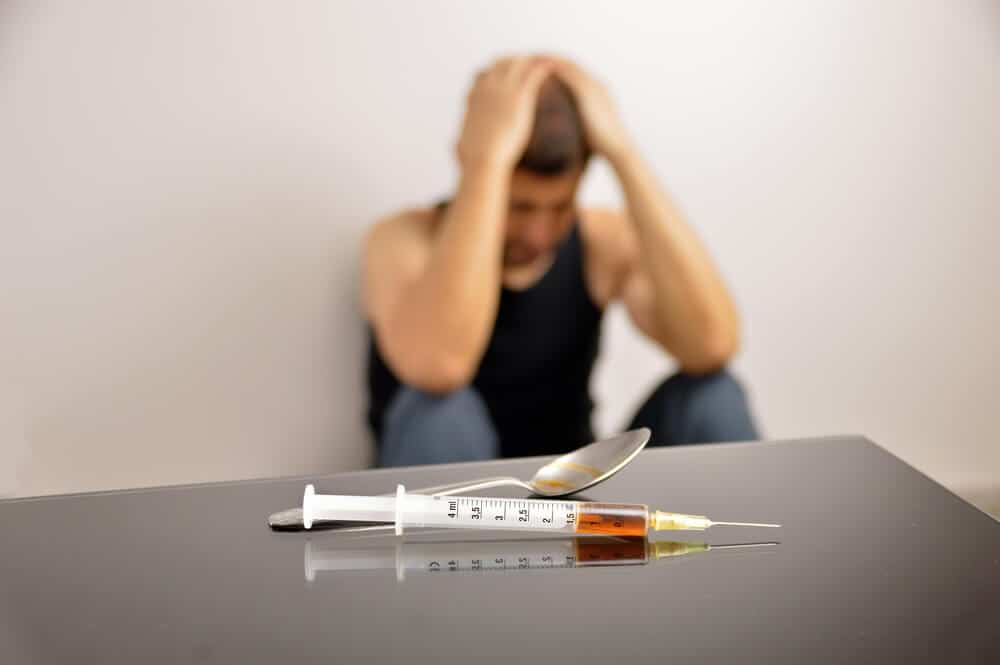
10 Signs of Heroin Addiction
Legacy Healing Center Blog
Learn the signs of heroin addiction and how rehab can help.
Heroin is an extremely addictive opioid and using the drug can lead to both heroin abuse and heroin addiction. The drug’s pull on its user has to do with the way heroin works in the body.
The opioid binds to receptors in one’s brain, which then releases a neurotransmitter called dopamine. Dopamine is known as the “feel-good” chemical, and because of the pleasure sensations dopamine brings to the body, the user will want to return to the drug to seek this good feeling out again and again.
The problem is, when opioids are continuously taken, less dopamine is released and the user will typically take more and more of a drug trying to recreate the high.
While not everyone who takes either a legal opioid or uses heroin recreationally will become addicted to heroin, there is a high likelihood for addiction to occur based on one’s risk factors.
Risk Factors for Developing a Heroin Addiction
1. Already having a history of risk-taking behaviors
2. Having a history of anxiety or depression
3. Personal or family history of being addicted to drugs or alcohol
4. Being unemployed
5. Being exposed to high-risk environments or people
If you believe your friend or loved one is dealing with an addiction to heroin, it is important to keep an eye out for the signs and symptoms associated with this addiction. Here are 10 signs of heroin addiction that can occur:
Behavioral
1. Changes in behavior
2. Noticeable track marks on the body
3. Being secretive, lying, or distant
4. Stealing valuables or money in order to buy drugs
5. Having drug paraphernalia around
Physical
1. Experiencing a euphoric high
2. Feeling nauseous or vomiting
3. A decrease in heart rate after the high is over
4. Fatigue, drowsiness or feeling like one’s limbs are heavy
5. Confusion or clouded thinking
More Behavioral Signs of Heroin Addiction
These are just a few of the many signs of heroin addiction. Other behavioral signs could include changes in one’s hygiene, or sudden problems with work or school (such as not showing up or not completing one’s work), or needing an excess of money all of a sudden.
Depending on where the user gets the heroin, and how his or her body responds to the drug, some people can have an atypical reaction to heroin.
This could also occur because there are poisonous chemicals added to the heroin, making it a “bad batch” that could have potentially life-threatening consequences.
When someone is having an atypical reaction to heroin, you may notice trouble breathing or shortness of breath, chest pain, heart palpitations, anxiety attack, or overdose signs that include:
1. Low blood pressure
2. Blue lips or nails
3. Shallow breathing
4. Weak pulse
5. Delirium
6. Pinpoint pupils
7. Coma
8. Death
Addiction to heroin is very serious and can cost someone his or her life if not help isn’t received. If you believe your friend or loved one is dealing with heroin addiction, he or she should not try to quit the drug cold turkey on their own.
A medical detox at a rehabilitation center is the safest way to come off the drug, while also being overseen for any symptoms that can occur during the detox process. Once detox is complete, there are a variety of treatment programs one can enter into to learn how to live a sober life.
Reach out to the addiction specialists at Legacy Healing Center to learn more about detox and treatment options. Speak to someone today at 888-597-3547.